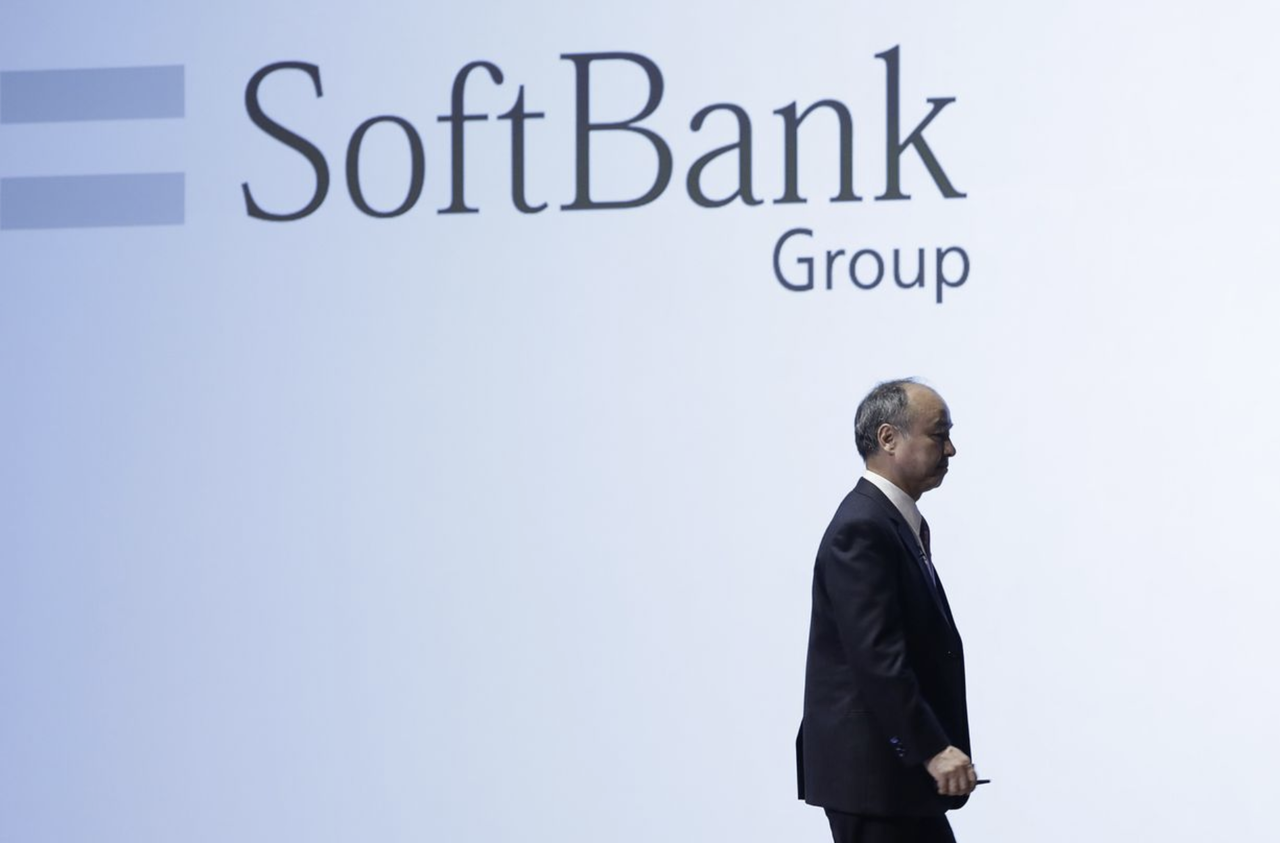SoftBank Sells $41 Billion In Assets To Finance More Stock Buybacks
SoftBank’s shift from long-term ‘vision’ to short-term ‘survival’ is now complete.
After the infamous string of blowups that hammered both SoftBank’s private investments as well as its $100 billion ‘Vision Fund’, which consisted mostly of money from the Saudis and Abu Dhabi most notoriously the collapse of the WeWork IPO as the unicorn’s valuation evaporated, triggering the ouster of its founder-CEO, a string of other executives, and a sudden spiral that ended with an emergency rescue package that narrowly saved WeWork from imminent bankruptcy.
Now, under pressure from activist Paul Singer’s Elliott Management and a handful of other investors, and with the reputation of Chairman Masa Son likely forever tarnished, it appears SoftBank is taking direct steps to shore up its plunging stock price via – what else? – share buybacks.
This, at a time when companies, particularly American companies, are facing tremendous public backlash against plans to buyback stock, which has even gotten tangled up in the battle over the second part of the White House’s economic plan.
Mirroring, in an ironic way, the forced deleveraging of Chinese conglomerates like Anbang, HNA & Dalian Wanda, SoftBank announced on Monday that it would start selling off some of the crown jewels, including some of its stake in Alibaba, to shore up its balance sheet and prop up its share price.
The company earmarked up to $18 billion for share buybacks, and another $23 billion to redeem debt and build up cash reserves on Monday, two weeks after announcing share buybacks of roughly $4.5 billion. The move would allow SoftBank to repurchase up to 45% of its shares outstanding, and the planned buyback is more than twice the size of the $20 billion or so that Elliott had pushed for.
The action “reflects the firm and unwavering confidence we have in our business,” Son said.
The company is also hoping to pull $3 billion of rescue capital from WeWork, claiming that investigations into WeWork allow SoftBank to pull the funds.
Though most of the money will be used for stock buy backs, some will go down to pay the company’s massive $173 billion debt pile (though more than half of that debt sits on the books of SoftBank subsidiaries).
SoftBank’s debtholders are getting restive as well. On a consolidated basis, SoftBank had about ¥19 trillion yen ($173 billion) in debt as of the end of last year, although more than half was held by subsidiaries like Sprint, which SoftBank said it wasn’t on the hook for.
Soon after SoftBank announced its first share buyback on March 12, credit rater S&P Global downgraded the company’s outlook to negative, saying the move raised questions about SoftBank’s commitment to financial soundness. In recent days, as global credit markets have tanked, the prices of some of SoftBank’s bonds plummeted as well, while the price of a financial instrument offering protection against potential bankruptcy, known as a credit default swap, rose.
SoftBank also said it has hired an outside firm to search for three new independent directors to improve transparency and governance.
But given Masa Son’s reputation, and his still-formidable fortune and reputation, we can’t help but wonder if all of this is merely a ruse, as Masa Son, irritated by the encroachment of activists, prepares a long-shot bid to try and take the company – or at least a scaled-back version of the company a la Rupert Murdoch’s new Fox News – private.
It’s really his only option if he ever hopes to run SoftBank with the level of autonomy he enjoyed before the WeWork fiasco.
Tyler Durden
Mon, 03/23/2020 – 20:25
via ZeroHedge News https://ift.tt/3ahT7D2 Tyler Durden
